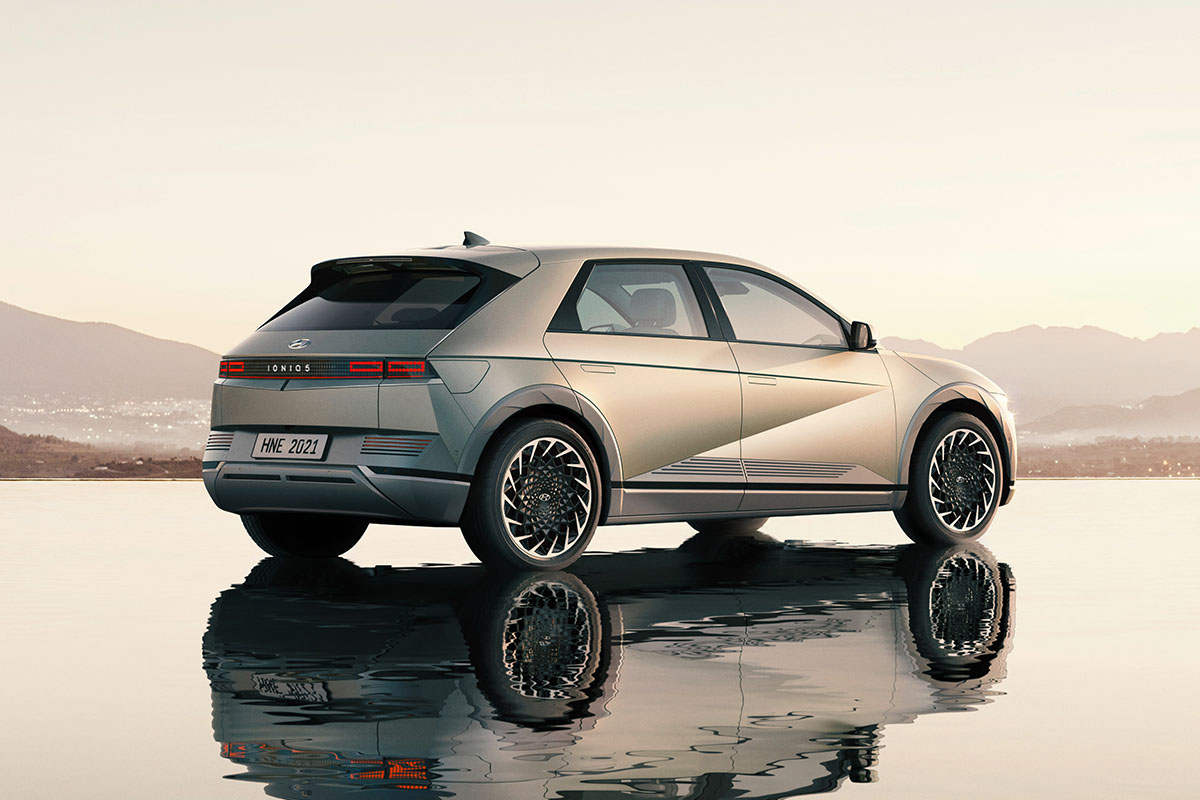Hyundai Motor Group is a South Korean conglomerate created in 2000. More than twenty years later and as part of the transition to electric mobility, it wanted to collaborate with new companies. The objective is clear: to strengthen its position in the electric vehicle market.
Hyundai, Kia and Genesis are the three vehicle brands that make up Hyundai Motor Group. With more than 88,000 vehicles sold worldwide in 2022, it is already one of the heavyweights in the automotive industry. However, all eyes are on the future. By 2030, the group’s plan is to become one of the main distributors of electric vehicles.
Three brands redesigned for the electric age
The first fully electric model designed by the Hyundai group is an SUV, the IONIQ 5, available since 2021. With a range of 500 kilometers and some advanced features (fast charging up to 800 V, ability to transfer energy to other electronic devices among others), this one was a real commercial success.
Kia’s approach is similar. The Kia EV6, an SUV -yes another one, definitely- sold like hotcakes from 2021. The future of the brand is already mapped out, since its descendant the Kia EV9 is scheduled for launch before the end of the year 2023.
Genesis, the premium brand of the Hyundai group, will take the same path to keep up with the times. The brand recently revealed its first electric SUV to be marketed in Europe, the GV60. Packed with options of the future, this one is a concentrate of high-tech: facial recognition and retrocameras among others.
A strategic alliance to boost sales
To affirm its footing in the market, Hyundai is partnering with other South Korean tech leaders. An alliance with Samsung, SK and LG has already been signed. The Korea Times reports that this partnership will allow the Hyundai Motor Group to secure the production of important parts of its vehicles. Samsung will provide the semiconductors, key components that enable autonomous driving. The batteries will be manufactured by SK, and LG, with its industrial experience with screens, will provide the OLED control panels that will guide drivers.
These recently forged ties with the three domestic tech giants are proof that Hyundai wants to consolidate its supply chains by forging this national alliance. The group is resolutely turned towards the future by preparing for all-electric and mass production of autonomous vehicles.
The strong alliance between Hyundai Motor Group and Samsung, SK and LG is a witness to the joint effort of these companies to position themselves strongly in the electric automobile industry. By relying on national technologies, the group has two objectives: to reduce its production costs and to establish more efficient lines of communication to accelerate the research and development process.
Sources: Electrek, Zonebourse, Genesis

1